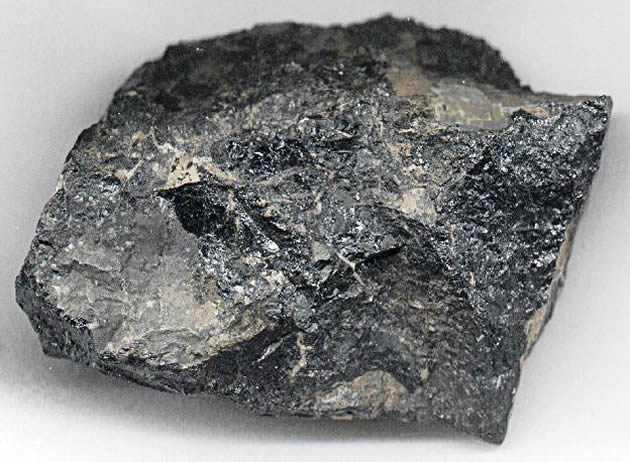
FERROCHROME producer ZimAlloys surrendered 35% of its claims to government, as it moves to comply with a directive compelling chrome miners to cede half of their claims for onward distribution to small-scale miners and smelters.
BY FIDELITY MHLANGA
In 2015, government directed two chrome giants, Zimasco and Zimalloys to cede 50% of their claims and Zimasco has since fully complied with the directive.
Mines and Mining Development deputy minister Fred Moyo yesterday told NewsDay that ZimAlloys has so far ceded 35%, adding that government was negotiating with the company to fully comply with the directive.
“They have ceded 35%. So we will accept that for now. But we are still negotiating with them because government position is they must cede 50%. So the permanent secretary will go ahead in distributing what they gave to us because people want to mine,” Moyo said.
ZimAlloys has a total of 39 175 hectares.
According to a mining markets and investment website, InvestmentMine, ferrochrome prices grew by 27% to $2, 29 per kg as at the end of March, from $1, 80 per kg in April 2016.
The boom in the international price of chrome has seen foreign companies scrambling for chrome claims in the country.
- Chamisa under fire over US$120K donation
- Mavhunga puts DeMbare into Chibuku quarterfinals
- Pension funds bet on Cabora Bassa oilfields
- Councils defy govt fire tender directive
Keep Reading
Last month, Moyo told our sister paper The Standard it was critical for Zimbabwe to take advantage of the prices of ferrochrome and avoid bureaucratic processes and move with the times in order to accommodate chrome investors.
Zimbabwe holds the second largest chrome ore reserves after South Africa.
In April 2011, Zimbabwe banned the export of raw chrome, urging companies to beneficiate the mineral into ferrochrome. The move failed as companies struggled due to lack of smelting capacity, high production costs and power shortages.
The ban was lifted in June 2015.
The freeze led to the country accumulating 77 000 tonnes of chrome ore.











